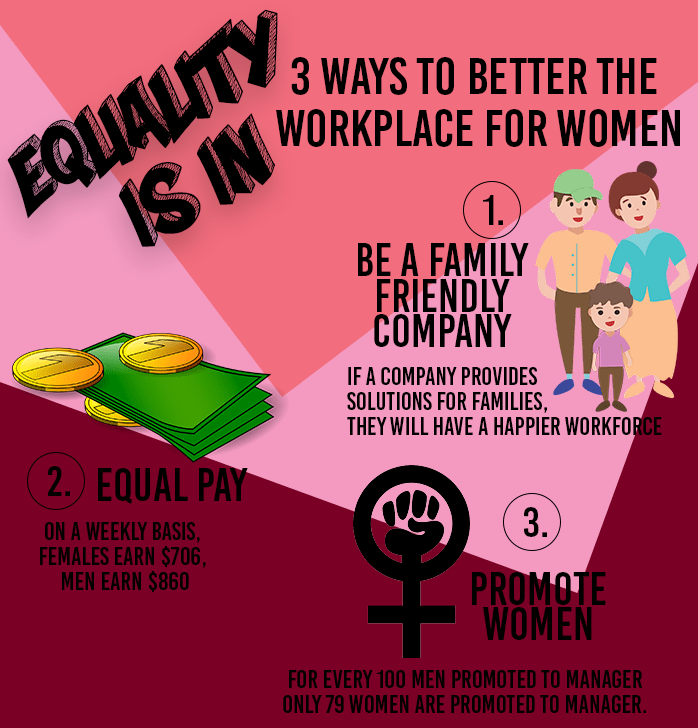You just started your first day at your new job! Congrats! How was it? Did you make lots of friends? What are the people like? Are they friendly or serious? Outgoing or shy? Sorry, I probably sound like your mother, but making new friends at a new company is serious business and it can be tough, especially if you’re a little shy! A simple “Hi, how are you doing?” could start the beginning of a life-long friend. Also, according to a study, making friends at work not only brings you happiness, but it makes you very successful in your career. You are seven times more likely to be engaged in your job when you have friends around the office. So, how do you do it? How do you make friends in a professional setting? There are many factors that come into play with making and maintaining work amigos and there are some serious ground rules to follow:
Do’s
- Do say hello and ask how they are. In fact, by the end of your first work week, make it your goal to say hi to everyone around you and try to learn names. The more the merrier!
- People love to talk about themselves. When trying to make new friends, ask about them – where they are from, if they have any siblings, etc. These are easy conversations to have and you might have some things in common.
- Ask for help if you need it and learn from other people. Eventually, people will feel comfortable approaching you with their own questions, which means they trust you. Trust is a very important component in relationships.
- Attend your work events. I know. You see your coworkers 40 hours a week and, by the end of the week, all you probably want to do is get away from them, but that won’t help you build relationships. Attend the happy hours or plan a work lunch. Socializing outside the office makes relationships stronger and you also don’t have to worry about anyone eavesdropping into your conversations. Not only are you meeting more people and making more friends, but you’re also widening your network.
- Do be a positive person. No one wants to surround themselves around negative people who always bash the company, their job, their significant other, or their parents. Keep it fresh, practical, and professional. Besides, positive people want to be surrounded by other positive people and, soon enough, the others will flock to you.
Don’ts
- The last thing you need while starting a new job is succumbing to all the gossip and rumors. We all have our rough days and need an outlet for all the pent-up frustration, but don’t do it in the office. Save it for when you get home. You never know how complaining or bad mouthing someone will affect your work life down the road.
- Keep outside problems to yourself. Your coworkers don’t want to hear you go on and on about what your s.o. said to you the other night or how your parents are driving you crazy.
- Let’s not be one of those people that talk too much and are a huge distraction. Of course, talking is what creates relationships but don’t overdo it to a point where no one is getting any work done. On the contrary, don’t be so quiet and closed off. You won’t be making any friends that way!
- Don’t burn bridges with any coworker. You never know where they are going to be in the future or if they can be a reference for your dream job. Treat everyone you meet with respect.
- Don’t feel pressured to accept friend requests or follow other coworkers. It’s okay to want to keep your private life private. Your social media pages are for your social friends, not professional ones.
Remember: they’re your work friends not your social friends. Different rules apply between these two friend groups. By following these easy Do’s and Don’ts, you ought to make some great work friends and, just like you, they do have their own personal life. So, keep it practical, professional, and genuine.





